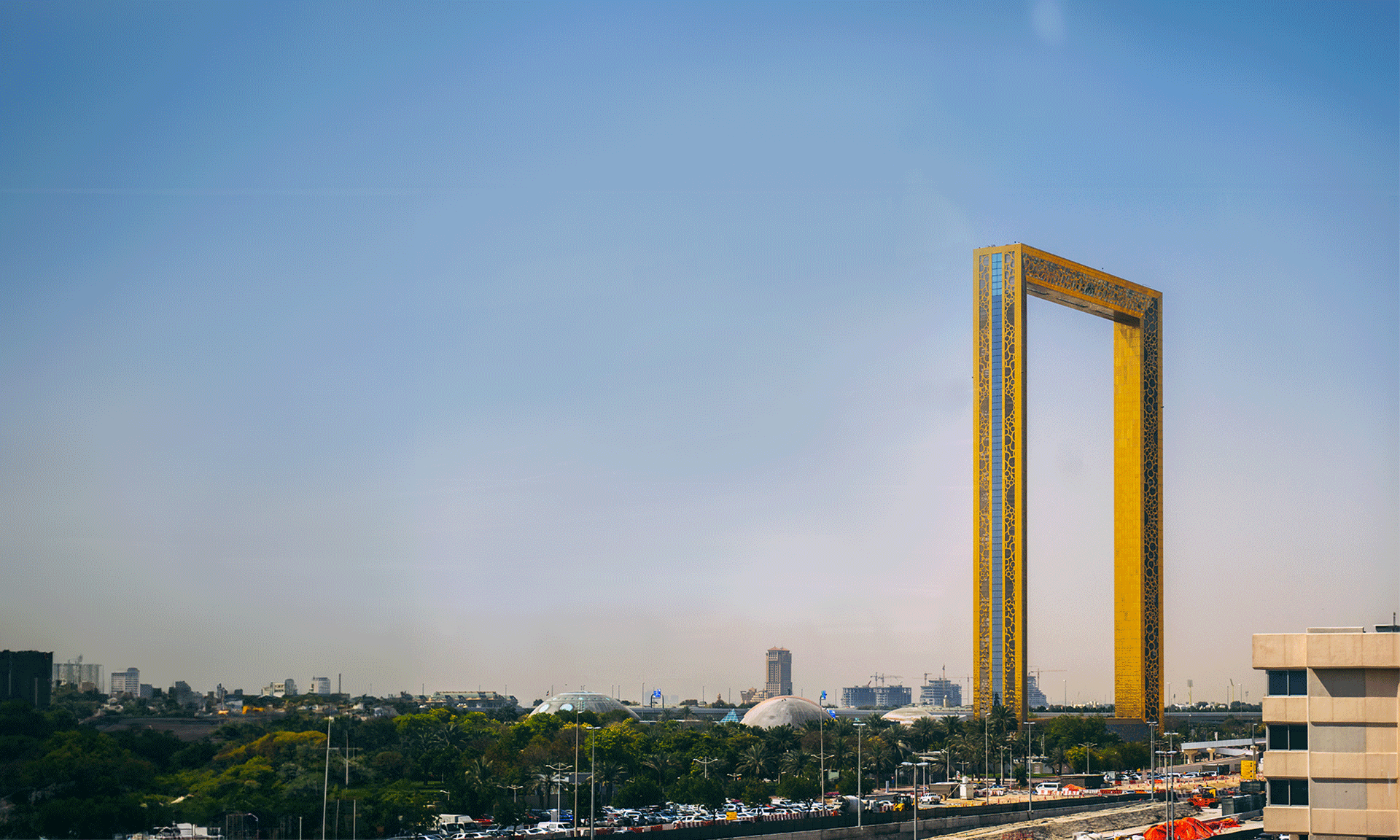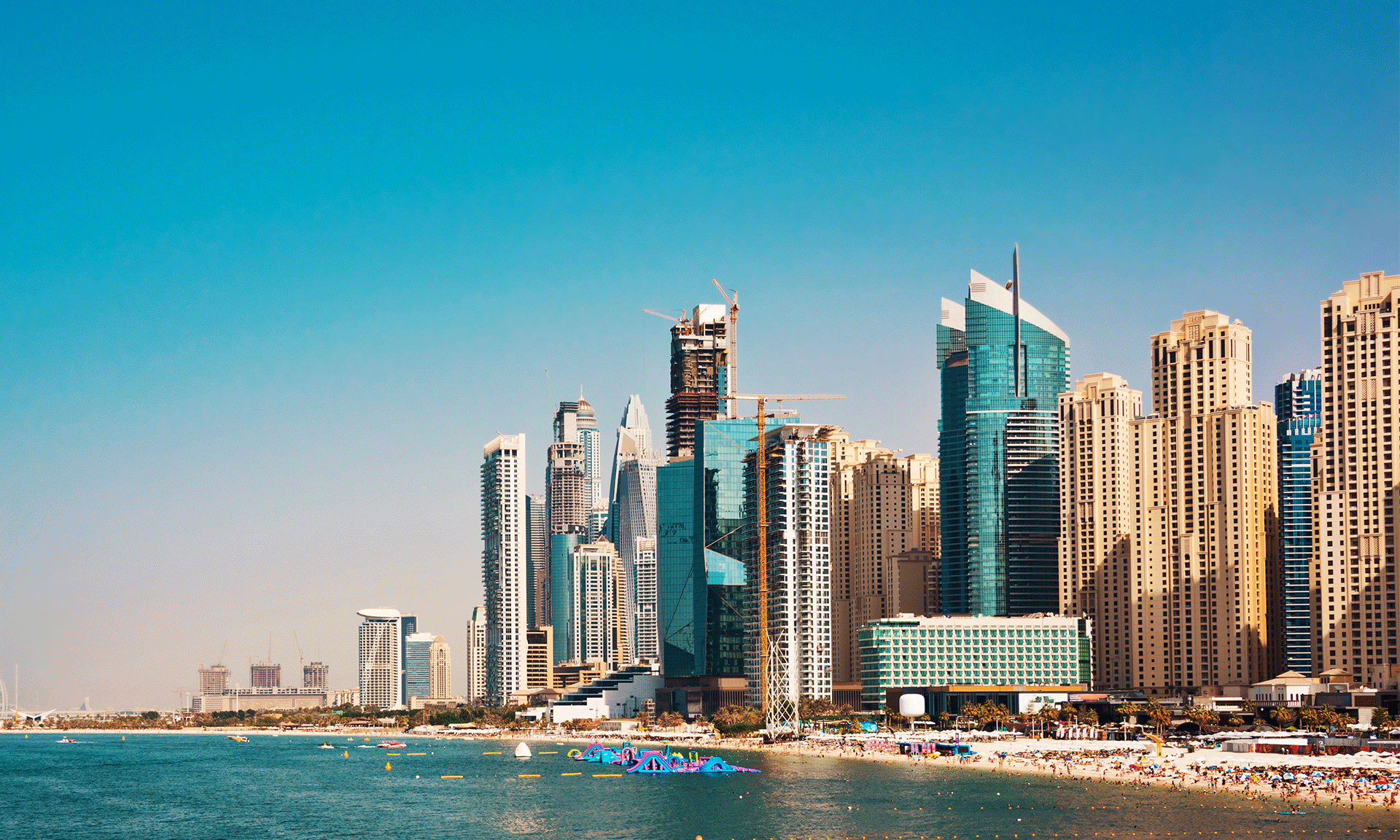The UAE has recently released the Cabinet of Ministers Resolution n. 31/2019, which was brought in effect from 30 April 2019, regarding the Regulations for Economic Substance (ES) in the UAE. The announcement of these new ES rules is a landmark for the UAE’s tax policy and also its alignment with the Base Erosion and Profit Shifting (BEPS) directives of the international Organization for Economic Co-operation and Development’s (OECD). Last year in May, the UAE collaborated with the OECD Inclusive Framework on BEPS and agreed to announce the minimum standards.
One of the pre-requisites to be implemented by the UAE indicates towards the BEPS Action 5 that aims to stop the businesses from incorporating their corporate structures by transferring activities to jurisdictions which have a privileged tax system with the key objective of gaining from a more beneficial tax regime. The rationale behind the ES rules is to introduce certain requirements for companies and businesses to display and exhibit the actual economic activity happening in the UAE. The UAE is in tandem with other jurisdictions that also follow the OECD Inclusive Framework and operate in similar tax environments, that is, where there is no or just nominal tax (NOONs), which have also recently presented ES regulations. For instance, Mauritius, Cayman Islands, Bahrain, and British Virgin Islands. As we updated earlier, UAE was included in the previous blacklist from the EU that came out in March 2019. Now, with these new ES rules, it is expected that the UAE should be hopefully removed from the European Union (EU) blacklist of tax havens.
The UAE ES rules are largely parallel to the regulations announced by other nations, as they follow the directions issued by the EU and OECD. Fundamentally, there are three tests that any resident entity (or ‘Licensee’ as known in the UAE law) undertaking relevant activities is supposed to fulfil to validate economic substance. You must note that these rules would not apply to businesses or entities who are tax residents outside the UAE (this should be authenticated by a tax residence certificate or a letter or authorization from the foreign tax authority or other required evidences). Additionally, any UAE commercial firm in which the Government of any UAE Emirate, the UAE Government itself, or any governmental authority has any direct/indirect ownership in the share capital also gets an exception from the ES rules.
What is the Economic Substance (ES) Test?
- The ‘Directed and Managed’ Test: The entity or company would have to be directed and managed or run in the UAE as per relevant activity; for example, regular board meetings, certain quorum of directors should be physically present, the minutes of all the board meetings should be kept in the country, etc.
- The ‘Core Income Generating Activities (CIGA)’ Test: The company which is performing any of the specified relevant activities for the purpose of the ES rules would require to prove that the relevant CIGA’s have been undertaken in the UAE. The pre-conditions for the CIGA Test differ depending on the relevant activity that is in question. These are listed below as per the UAE law and what is expected as core income generating activities performed in the UAE to be conforming with the ES rules:
Relevant Activity & Its Examples of CIGAs
Banking: Managing risks, raising funds, taking hedge positions, offering loans, credit or other financial services to customers, managing their capital and preparing investor reports
Insurance: Forecasting and calculating risks, insuring or re-insuring against risk, offering insurance services to clients, and underwriting insurance and performing re-insurance
Fund Management: Decision making on holding or selling the investments, calculating risks and managing reserves, deciding on currency, interest fluctuations and also hedging positions, preparing investor reports
Lease Finance: Deciding funding terms, finding and then acquiring the assets to be leased, deciding the financing and leasing terms and duration, monitoring and updating or revising agreements, and managing risks
Headquarters: Taking important management decisions, incurring operating expenses for group entities, and coordinating group activities
Holding Company: All business-related activities deriving income from dividends or capital gains received from equity interest
Shipping: Overhauling, maintaining ships, managing the crew, tracking shipping, deciding which goods to order and when to deliver, and organising and overseeing various voyages
Intellectual Property (IP):
Strategic decision making and managing all the principle risks concerning:
- Development and exploitation of the intangible asset generating income
- Acquisition done by third parties and succeeding exploitation and protection of intangible asset; carrying on and performing the ancillary trading activities by which the intangible assets are exploited which leads to income generation from third parties
Distribution and Service Centre: Transporting and storage of components, material or products ready for sale, managing the inventory, taking orders, offering consulting or other additional administrative services
Important points to remember about CIGAs and relevant activities:
- The UAE ES rules permit that CIGAs can be subcontracted to a corporate service provider located in the UAE, but that’s subject to thorough supervision by the business or entity. Though, the economic substance of the service providers would not be counted again and again or multiple times by various entities when demonstrating their own substance in the UAE.
- Pure Holding Companies who completely earn dividends and capital gains income are put under lighter economic substance scrutiny and thus a reduced test is applied to check: (i) their compliance regarding the submission of documents, various records and information to the applicable UAE Regulatory Authority and (ii) if they have the required number of employees and if they have premises for holding and conducting the business.
- In case the Holding Company is earning extra relevant activity income other than dividends and capital gains; for instance, service charges, management fees, etc, then the standard three-level ES Test would have to be observed for that extra or additional activity. Please remember that the regulation does not bring any materiality threshold, so if the guidance gets some additional clarity on this, any extra income earned by the holding company would have to necessarily meet the ES rules.
- It is vital to point that for the purpose of the ES rules, the applicable activities of
- Distribution and Service Centre and
- Intellectual Property related to transactions or charges with global parties only. Thus, regular commercial business for any such activities done with non-related parties will not be covered by the new rules.
3) The ‘Adequate’ Test: The company would be required to hire an adequate number of qualified employees in the UAE and then incur adequate or sufficient expenditure inside the jurisdiction. Besides that, they must have an adequate physical presence in the UAE. The applicability of the ‘Adequate’ test would depend on the particular facts and usually vary case to case. The UAE regulations expect that a directive would be issued to elucidate any expression or concept that is covered by the law, which includes the meaning of the term ‘adequate’.
Talking about the timeline, the UAE Regulatory Authority gets a period of six years to evaluate if a UAE business or firm is compliant with the ES rules during a particular financial year within this period. To observe and control the adherence of the UAE businesses and companies with the new rules, an annual report has to be submitted within one year after the end of the financial year to the Regulatory Authority. The annual report should include all the information that proves the entity’s compliance with the ES Test like the type of relevant activity, the place or location of the business, how many full time employees do they have, and all the information that supports the CIGA elements and particulars about the outsourced activity.
Additionally, the legislation anticipates additional annual statement to be given to the Regulatory Authority notifying whether the UAE entity has stopped carrying on a relevant activity, if their gross income related to a specific relevant activity is being taxed in some other jurisdiction and what is the date of the financial year ending. The UAE regulations have still not provided any further explanation on the process, templates and pre-requisites for the reports and notifications, which are likely to be included in the directive that would be issued in due course. In case of any non-compliance of the ES Test, the UAE law anticipates penalties going up to AED50,000. In case the UAE entity is not able to comply with the ES rules in a following financial year, then the penalties could be imposed for up to AED300,000 including other administrative actions like the suspension, barring or non-renewal of the entity’s trade license. Furthermore, assuming that there would be a greater amount of information being exchanged between tax authorities, and in case the economic substance or ES is not met, then there is a chance of extra tax-related implications like non-deductibility of expenditures in some specific jurisdictions for global parties and bigger scrutiny on all the cross-border transactions.
IMC’s Role
IMC can pitch in to assist you in various ways here. We can help you to understand the above rules in a better manner and then apply this information on your current and impending investments. As he UAE ES rules are very similar to the regulations released in other jurisdictions, IMC leverages from its rich experience in the execution of the ES rules in other countries particularly in what all supporting proof and documents are needed to prove substance and the practical amends required in the businesses and companies to meet the requirements. We can help you by offering you a review on what are the requirements for the economic substance on your company’s present or prospective activities in the UAE so that you could meet the test set forth in the law. Moreover, as there are many compliance obligations that all the UAE entities have to comply with, we can guide you on how to analyse and collate all the supporting documents, and then review all the information that needs to be submitted to the relevant authorities. We also keep a track on the timelines and cut-off dates for all the reporting and notifications.





























